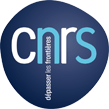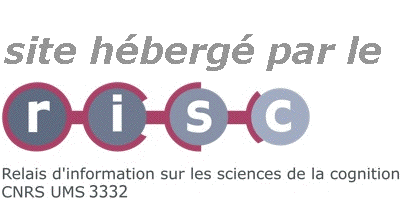Le 15 mars, dans le cadre du Colloquium du Département d'Etudes Cognitives (29, rue d'Ulm - 75005)
12h00-13h30
Titre: Plasticity in Learning Pathways: Assessments That Capture and Facilitate Learning
Abstract: The primary goal of the emerging field of Mind, Brain, and Education is to join biology, cognitive science, development, and education in order to create a sound grounding of education in research. Although most industries use research to ground their practical decisions, education mostly lacks an infrastructure for connecting research with practice and policy. Fortunately the knowledge base for educational practice is deep because of advances in analysis of learning and plasticity in cognitive and neuroscience. We use this base to build tests that are both standardized and formative, grounded in research about learning, and richly educative.
Different people develop along diverse pathways, as evidenced by research showing distinct pathways for both early reading and visual development of dyslexics. At the same time, people build their skills along a universal scale for learning, based in evidence from cognitive development, brain development, and learning. Around this combination of differences and commonalities we have built a toolkit for modeling and assessing the diverse learning sequences through which real people in real-world contexts learn and develop. A key part of the toolkit is a psychometrically validated assessment system that combines domain specificity with the universal scale. With these tools we design a new kind of testing infrastructure, known as the DiscoTest™ Initiative. Our goal is to change the practice of testing, moving beyond using tests as sorting mechanisms and toward using them as powerful aids to education.
Fischer, K. W., & Bidell, T. R. (2006). Dynamic development of action and thought. In W. Damon & R. M. Lerner (Eds.), Theoretical models of human development. Handbook of child psychology (6th ed., Vol. 1, pp. 313-399). New York: Wiley.
Stein, Z., Dawson, T., & Fischer, K. W. (2010). Redesigning testing: Operationalizing the new science of learning. In M. S. Khine & I. M. Saleh (Eds.), New science of learning: Cognition, computers, and collaboration in education (pp. 207-224). New York: Springer.


